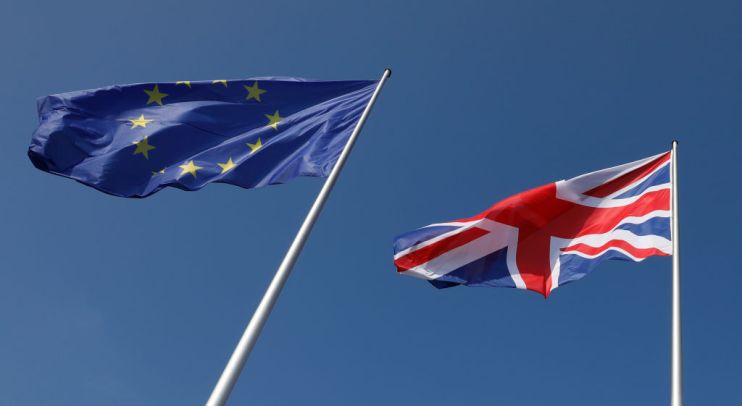EU immigration to UK falls to lowest in six years

Long-term migration from the European Union to the UK fell to its lowest level since 2013 in the year to March, official figures showed today, as fewer EU citizens moved to Britain to work.
Read more: No deal most likely Brexit outcome, says French aide
Just under 60,000 more EU nationals moved to Britain than left in the year to March, the Office for National Statistics (ONS) said. EU immigration to Britain has continued to fall since 2016, when the UK voted to leave the bloc.
Net migration to the UK from both EU and non-EU countries was 226,000 in the year to July, well the stated policy of both David Cameron and Theresa May’s governments to bring the figure down to the “10s of thousands”.
However, the government of new Prime Minister Boris Johnson has hinted that it no longer considers this target government policy. At the end of last month a Number 10 spokesman said “wasn’t interested in a numbers game”.
The overall net migration figures have remained broadly stable since the end of 2016, the ONS said. Non-EU immigration stabilised over the last year after a gradual increase since 2013.
The figures came just days after the government angered business groups by announcing that the free movement of EU citizens to the UK, and vice versa, would end instantly should there be a no-deal Brexit.
Today, the CBI’s chief policy director Matthew Fell said: “The downward trend in EU net migration in the last couple of years – combined with record low unemployment – means that skills shortages are getting worse.”
While the overall number of EU immigrants rose, the net amount of people moving from central and eastern European countries such as Poland and Lithuania fell by 5,000.
Fell said: “The announcement that free movement will end immediately in a no deal has left employers and their employees asking fundamental questions about what this means for them. They urgently need this clarified.”
Gerwyn Davies, senior labour market adviser from the Chartered Institute of Personnel and Development (CIPD), said: “It remains to be seen what will happen to the rate of inflow in the months ahead.”
Read more: Merkel: I can see possibilities for a Brexit solution
“Much will depend on political outcomes and the relative buoyancy of the UK and wider EU economies in the face of the global economic slowdown.”
(Image credit: Getty)